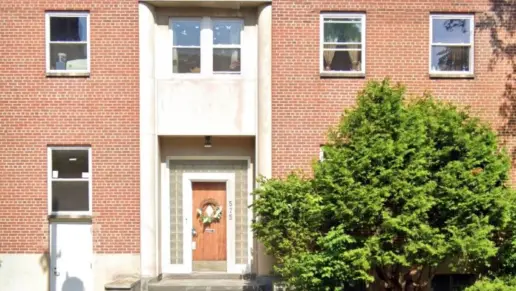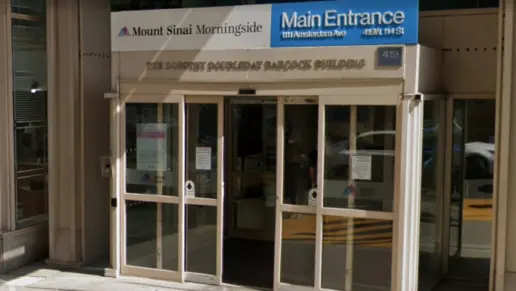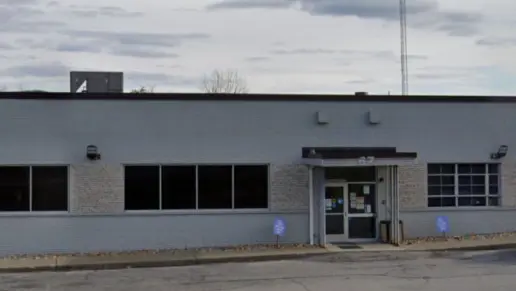Patient was at the faculty for 4 days for GBL addiction. He saw no actual doctor besides maybe when he first checked in. The staff had no idea what GBL even was. They took him from 2mg attivan to .5 to none (because it seems they forgot) in under 24 hours. They left him stra ...
About Cornerstone
Cornerstone is an alcohol and drug addiction treatment facility located in Fresh Meadows and Queens, New York. They believe addiction is a disease and that living a lifelong maintenance program is important for continued success.
Cornerstone offers medically supervised detox, inpatient treatment, and aftercare services.
The medically supervised detoxification program at Cornerstone is a 24/7 monitored detox process that allows for safety and as much comfort as possible while removing the addictive substance from the body. This is an inpatient program that involved medications to support the process. Upon completion of the detox, an inpatient treatment plan may be needed.
The inpatient treatment program at Cornerstone offers medical, nursing, and counseling services 24 hours a day, seven days a week. The chemical dependency and rehabilitation services are designed to help develop the necessary skills to maintain a clean and sober lifestyle. The process begins with a comprehensive biopsychosocial evaluation. From here, an independently catered treatment plan will be developed. If medications are needed for opioid drugs, they will be prescribed and monitored. The inpatient program will also provide mental health treatment to work through the mental and emotional aspects of the addiction.
At Cornerstone, the Medication Assisted Treatment Program provides medications along with comprehensive medical, psychiatric, and behavioral counseling. FDA approved medications are used to support withdrawal from opioid drugs and to help maintain long term abstinence. By combining medication with mental health treatment, a greater chance of success is achieved for long term abstinence.
All those who attend Cornerstone treatment programs are provided a discharge plan that includes referrals to outside mental health and substance use disorder treatment organizations. The intention is to help create a solid foundation based in recovery with a healthy and supportive network. Regular attendance at self help groups and the re-establishment of positive relationships with loved ones greatly improve the likelihood of success post treatment in comparison to those who do not have this level of support.
Facility Overview
Latest Reviews
Rehab Score
Gallery
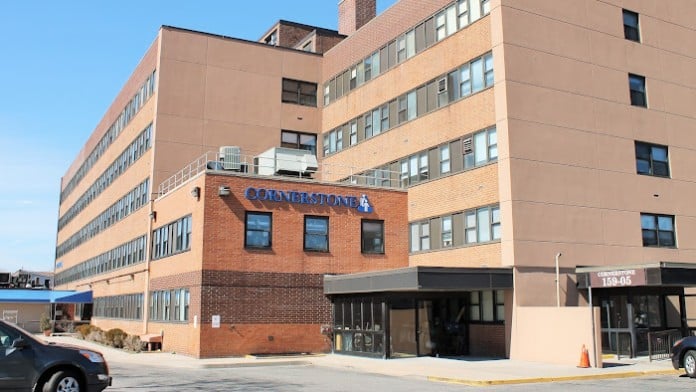
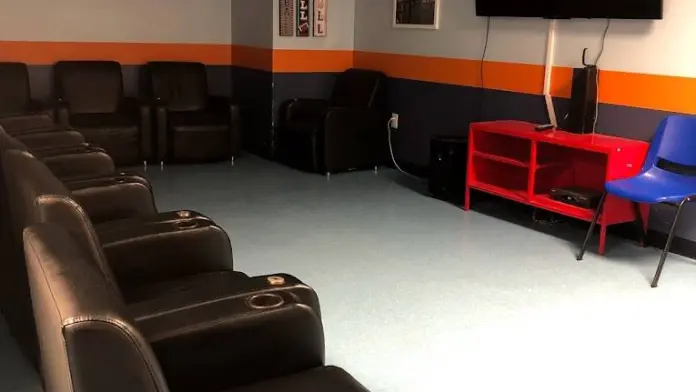
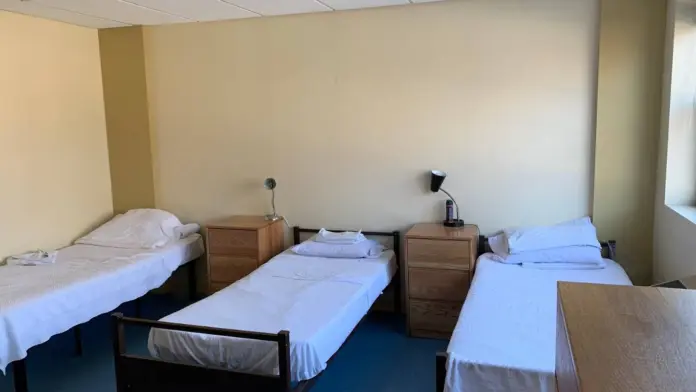
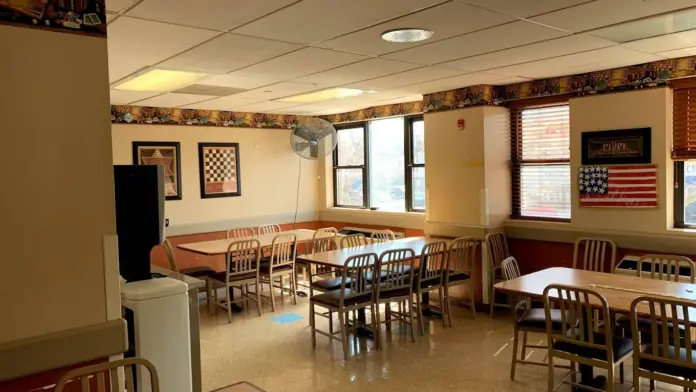
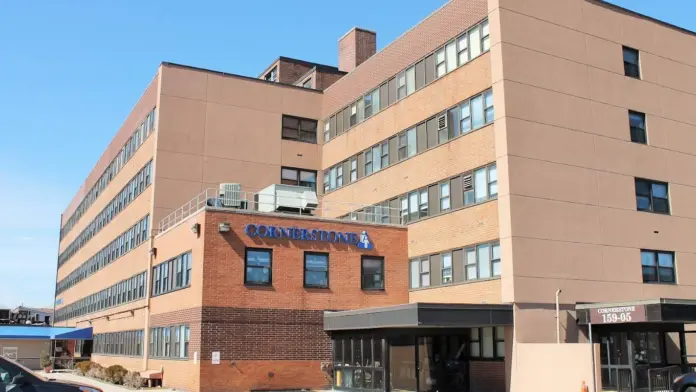
Location
Other Forms of Payment
Private insurance refers to any kind of healthcare coverage that isn't from the state or federal government. This includes individual and family plans offered by an employer or purchased from the Insurance Marketplace. Every plan will have different requirements and out of pocket costs so be sure to get the full details before you start treatment.
Self-pay involves paying for treatment out of your own pocket. You can use savings or credit, get a personal loan, or receive help from family and friends to fund your treatment. If you don't have insurance or your insurance plan doesn't cover a specific program, self-pay can help ensure you still get the care you need.
Financial aid can take many forms. Centers may have grants or scholarships available to clients who meet eligibility requirements. Programs that receive SAMHSA grants may have financial aid available for those who need treatment as well. Grants and scholarships can help you pai for treatment without having to repay.
Addiction Treatments
Levels of Care
Treatments
The goal of treatment for alcoholism is abstinence. Those with poor social support, poor motivation, or psychiatric disorders tend to relapse within a few years of treatment. For these people, success is measured by longer periods of abstinence, reduced use of alcohol, better health, and improved social functioning. Recovery and Maintenance are usually based on 12 step programs and AA meetings.
When you choose drug rehab in New York, you'll participate in a variety of treatments that are designed to help you live a drug-free lifestyle. Common methods of treatment include group, individual, and family counseling, medication management, nutrition, exercise, and management of co-occurring mental health disorders.
Many of those suffering from addiction also suffer from mental or emotional illnesses like schizophrenia, bipolar disorder, depression, or anxiety disorders. Rehab and other substance abuse facilities treating those with a dual diagnosis or co-occurring disorder administer psychiatric treatment to address the person's mental health issue in addition to drug and alcohol rehabilitation.
A combined mental health and substance abuse rehab has the staff and resources available to handle individuals with both mental health and substance abuse issues. It can be challenging to determine where a specific symptom stems from (a mental health issue or an issue related to substance abuse), so mental health and substance abuse professionals are helpful in detangling symptoms and keeping treatment on track.
Opioid rehabs specialize in supporting those recovering from opioid addiction. They treat those suffering from addiction to illegal opioids like heroin, as well as prescription drugs like oxycodone. These centers typically combine both physical as well as mental and emotional support to help stop addiction. Physical support often includes medical detox and subsequent medical support (including medication), and mental support includes in-depth therapy to address the underlying causes of addiction.
Programs


Clinical Services
Research clearly demonstrates that recovery is far more successful and sustainable when loved ones like family members participate in rehab and substance abuse treatment. Genetic factors may be at play when it comes to drug and alcohol addiction, as well as mental health issues. Family dynamics often play a critical role in addiction triggers, and if properly educated, family members can be a strong source of support when it comes to rehabilitation.
Group therapy is any therapeutic work that happens in a group (not one-on-one). There are a number of different group therapy modalities, including support groups, experiential therapy, psycho-education, and more. Group therapy involves treatment as well as processing interaction between group members.
In individual therapy, a patient meets one-on-one with a trained psychologist or counselor. Therapy is a pivotal part of effective substance abuse treatment, as it often covers root causes of addiction, including challenges faced by the patient in their social, family, and work/school life.
Nutrition therapy, aka medical nutrition therapy (MNT), is a way of treating physical, emotional, and medical conditions through diet. Specific dietary plans are designed by professional nutritionists or registered dietitians, and patients follow them in order to positively affect their physical and mental health.
Amenities
-
Residential Setting
Accreditations

LegitScript has reviewed Cornerstone as part of their certification program, and has determined that it meets the LegitScript standards for legality, safety and transparency.
LegitScript verified in November 2019
Contact Information
159-05 Union Turnpike
Queens, NY 11366
